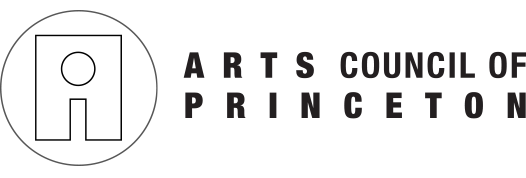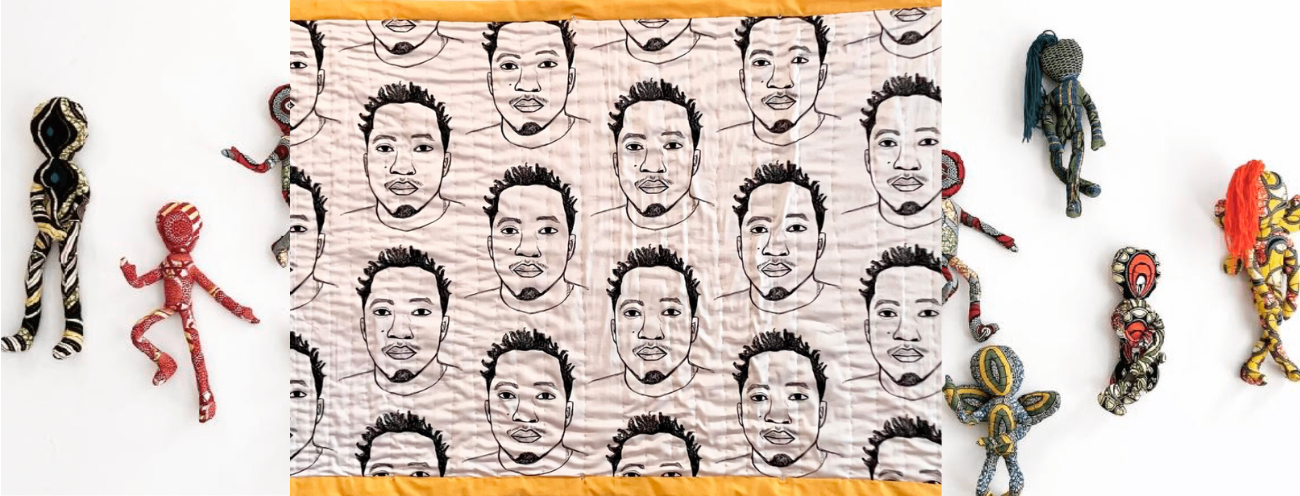Dr. Ronah Harris
Gallery Opening: Saturday, January 6 | 3-5pm
The art of quilting incorporates the process of collaging and stitching layers of fabric together to tell a story. The quilt in America is thought to be originally born out of necessity. The practice of quilting preserves memory through the use of repurposed fabrics, and for women artists and Black makers, the quilt also plays a vital role in protest.
As an artist, I use the quilt as a medium to assert my voice and to consider the aspects of my identity that are often tackling racism and confronting sexism. The combination of material and message open a freedom of expression and help on my quest for liberation. The craft has its historical antecedents in the American South and was a tool used for clandestine communication, quilts contained symbols that guided the enslaved to freedom through the Underground Railroad.
The symbology contained in my quilts also harks back to African imagery, including the cosmogram of the Igbo people of Nigeria, with patterns and symbols that represent birth, life, death, and rebirth. These linkages to African roots are essential ties to home and identity, as well as the relationship between the cotton of the American South, as its primary economy built on the foundation of enslaved labor.
I was taught how to sew by my grandmother, but I was taught how to quilt using the Pennsylvania quaker and Amish traditional techniques by my art teacher Daphne Taylor. I personally studied the work and innovative approaches to the quilts of Faith Ringgold, Gee’s Bend, Bisa Butler, and I spoke often with my colleagues including Hank Willis Thomas, Sanford Biggers and Christopher Meyers about the quilt as a tool for resistance. I also did a lot of self discovery embracing the process of improvisational quilting to connect to my great grandmother and the practices of my women ancestors. By incorporating the images of my youth in NYC, my practice becomes a space to stitch together the stories and memories of Black women across generations.
Artist and educator Ronah Harris has been a quilter for much of her life. Her previous work in fiber and textiles has been primarily in costumes. Her most recent works are exploring collage, imagery and historical context of Black Identity using the quilt as a medium for resistance and storytelling.
When she is not making art, Ronah is the founder of Play Pattern LLC, a digital platform for curious children to learn arts and technology. A former producer of children’s media, she was awarded Two Daytime Emmys for her work on the educational television shows Sesame Street and The Electric Company. Dr. Harris teaches part-time at New York University, and advises on a variety of projects – most recently the engaging Youtube series Super Sema, and PBS Weather Hunters.
Dr. Harris holds a B.A. from The New School, New York (1999), a MSED from the University of Pennsylvania, Philadelphia, PA (2006), and Doctorate in technology from Teachers College, Columbia University (2017).


